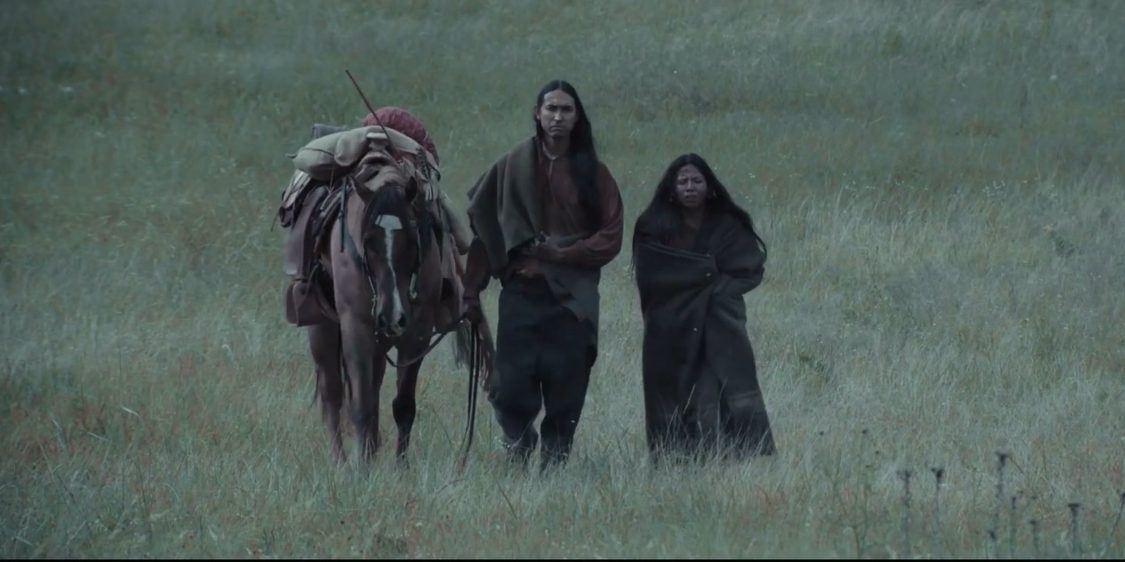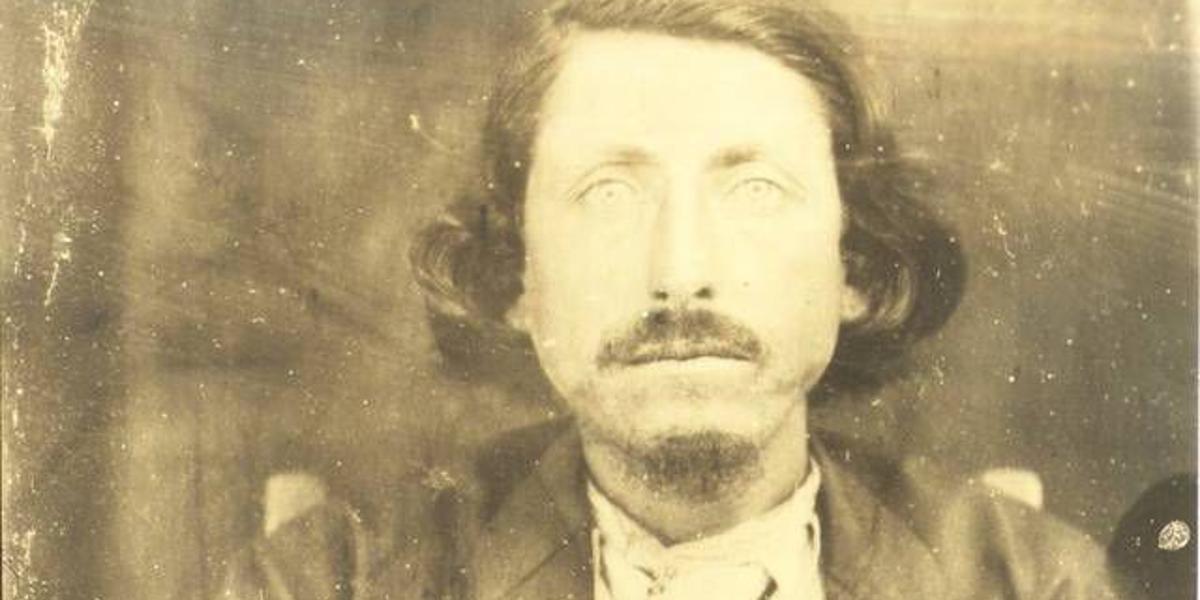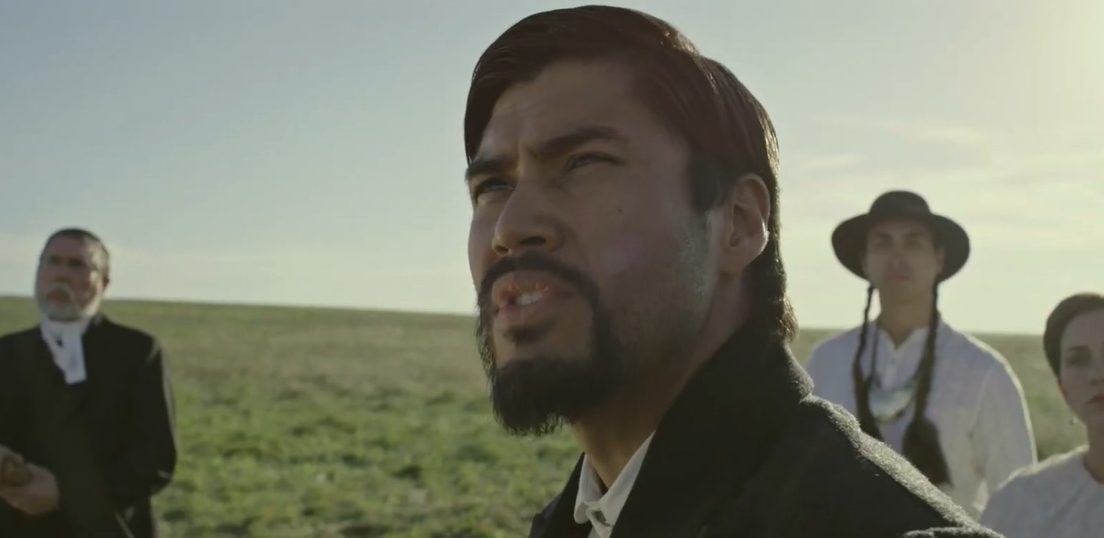Helmed by Nathan Frankowski, ‘Montford: The Chickasaw Rancher’ is a neo-western drama that showcases human resilience in the face of abject adversity. The story follows Montford T. Johnson, a child who grew up as an orphan, as he goes on to establish a sprawling ranch empire in 19th century Oklahoma. It is the third independent venture by Chickasaw Nation Productions, a production company that aims to showcase the indigenous culture of the tribes through feature films such as ‘Pearl’ and ‘Te Ata.’
Furthermore, the creative team of ‘Montford: The Chickasaw Rancher’ comprises most artists who worked on ‘Te Ata,’ including director Frankowski, content producer Jeannie Barbour, and producer Paul Sirmons. With Martin Sensmeier and Tommy Flanagan heading the cast ensemble, the larger-than-life story of the movie is inspiring to say the least. However, you may wonder whether the narrative is ripped from the pages of a history book. In that case, let us delve deeper.
Is Montford The Chickasaw Rancher a True Story?
Yes, ‘Montford: The Chickasaw Rancher’ is based on a true story. The screenplay is penned by Lucy Tennessee Cole, taking inspiration from Neil R. Johnson’s 1960 book of the same name. The book, in turn, sheds light on the real-life figure of Montford T. Johnson, an orphan who became the self-ordained king of a vast ranching empire in 19th century Oklahoma.

In November 1843, when Montford was born, the region we know today as Oklahoma was part of uncategorized land dubbed as “Indian Territory.” His father, Charles “Boggy” Johnson, was an English stage actor who came to the United States with a touring theatre. He traveled the South and married Rebekah Courtney Johnson, a Chickasaw resident of part Scottish origin. During the Chickasaw Removal, Charles migrated with the tribe to the Indian territory.
The journey was fraught with perils. After crossing the Mississippi River, the tribe found themselves in a vast marshland. Applying a technique he learned in England, Charles managed to get the crew past the wetland, and in turn, earned his nickname “Boggy.” Rebekah died shortly after the birth of Montford, and Charles decided to return east to his home country. As per the Chickasaw custom, children who lost their mothers should be raised by Chickasaw families like their own. Thus, Charles left Montford, and his elder sister Adelaide, in the care of their grandmother.

At Chickasaw Manual Labor Academy, Montford learned modern farming techniques that could result in greater yields. But the times were volatile, and the threat of Civil War was already looming large. At the age of 22, Montford became the head of the homestead, while his sister, Adelaide, lost her devoted husband and the father of their son — Michael — around the same time. The Civil War subsided in 1865. Montford opened his first ranch in 1868 on the western range of Chickasaw territory.
With the help of his legendary trailblazer friend Jesse Chisholm, Montford cut a deal with the indigenous people. The deal allowed him to use the vast tract of land as long as he was not hiring a white man to work on the ranch. His industrious endeavors brought prosperity into present-day Oklahoma, as he made a significant contribution in giving central Oklahoma its contemporary shape. Montford’s ranch empire spanned across an enormous territory and spilled into what we know today as Oklahoma City.
By paying homage to the fearless entrepreneur, the movie taps into an obscured chapter in the country’s history. Moreover, the director sought to cast many descendants of Montford T. Johnson as extras in the movie, including Montford’s great-granddaughter. Therefore, its western theme notwithstanding, ‘Montford The Chickasaw Rancher’ is a gritty tale that is firmly rooted in the history of Oklahoma.
Read More: Best Western Movies of All Time

